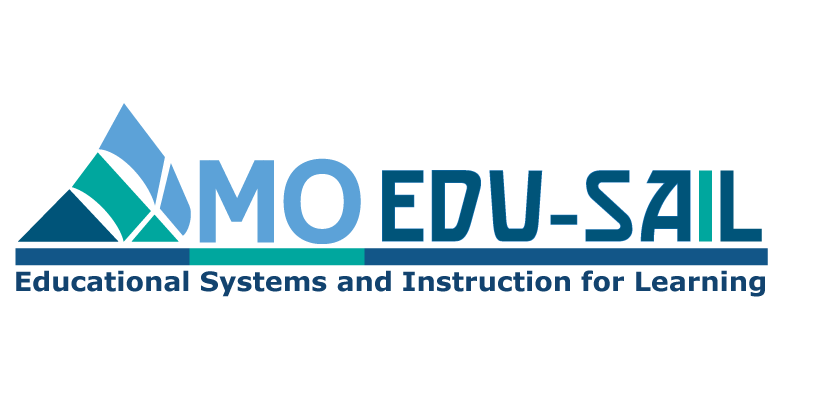UNPACKING ESSENTIAL FUNCTION 4: SUPPORTIVE RELATIONSHIPS
Every system, by definition, is made up of a network of parts or components. What separates a system from a collection of parts are the relationships. Leaders who are system thinkers, focus on building supportive relationships that encourage interactions and interconnections among the parts and people of their system.
Supportive relationships empower teachers and can eliminate “us” and “them” patterns of behavior that, more often than not, result in diminished efficiency and effectiveness. Michael Goodman wrote that within the framework of systems thinking, leaders help people understand and appreciate that they are part of the same system and thus responsible for both the problems and their solutions (Goodman, 2011). Interdependence does not mean that individuals are not capable and self-reliant. It means that capable and self-reliant individuals understand they can accomplish better outcomes by working together (Covey, 2004).
The video “How Inclusive Leaders Build Relationships and Teams” (Skill Boosters, 2018) illustrates the importance supportive relationships to effective leadership. As you watch this video, what four strategies for building relationships are highlighted? In the example provided, how do the actions of the leader impact the team members?
Watch How Inclusive Leaders Build Relationships and Teams on YouTube.
Keys to Building Supportive Relationships
- Communication Feedback Loops are essential to building trust and supportive relationships. Effective communication loops produce a sense of collective ownership and responsibility.
- Create and Implement Collaborative Team Structures and Processes, including the following.
- Create Autonomy through Boundaries which, together with a common focus provide direction and structure for individual decisions. School leaders can use both teacher evaluation and professional growth planning to clarify boundaries and areas of flexibility in decision making.
Reflective Questions
How would you describe the level of interdependent functioning within your district?
What might you do to strengthen supportive relationships between leadership and teachers?
What might you do to strengthen supportive relationships within collaborative teams?
Coaching Companion
Book: The journey to teacher empowerment. Goyne, J., Padgett, D., Rowicki, M. A. & Triplitt, T. (1999).


